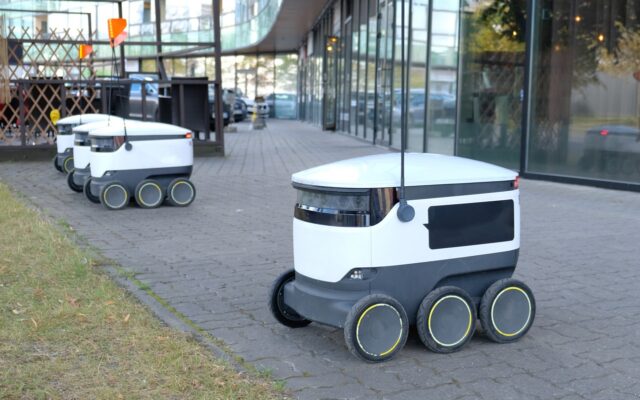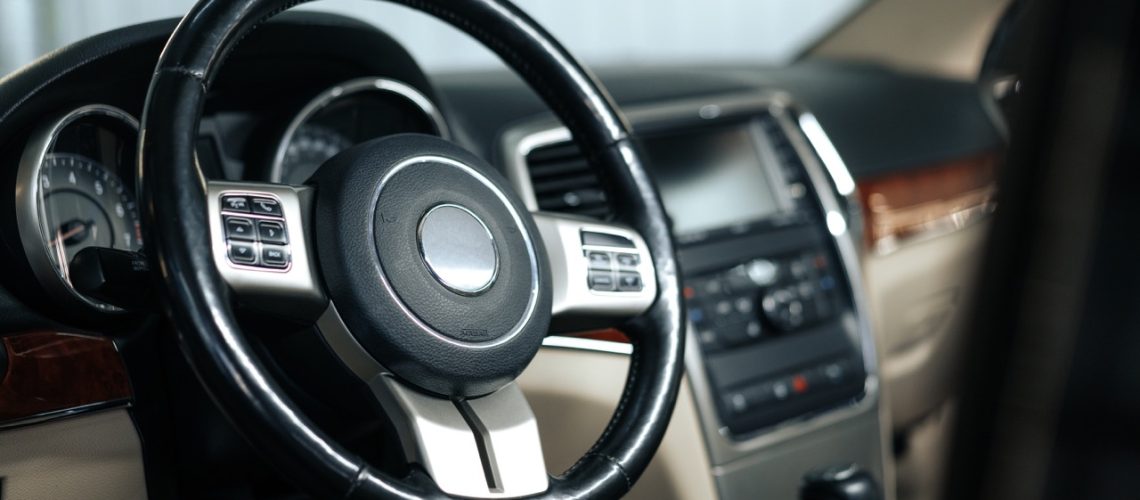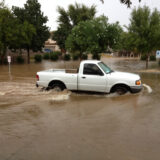Autonomous vehicle laws and the mass movement of autonomous vehicles coming to market, possess the potential to significantly reform the travel industry, providing benefits including enhanced mobility for those with disabilities or limited mobility, less traffic, and increased safety.
Arizona has taken preemptive measures to develop legislation and regulations to safeguard the safety of all motorists in light of the increasing number of businesses testing their autonomous vehicles on the state’s roads.
Autonomous Vehicle Laws & Regulations in Arizona
The necessity for restraining regulations and procedures to protect the safety of all road users comes along with this revolutionary technology. Arizona has been at the forefront of testing and deploying autonomous vehicles in this regard, with laws that reflect a forward-thinking approach to this developing industry.
A Law Enforcement Interaction Plan (LEIP) prior submission must be made to the Departments of Transportation and Public Safety to operate an entirely self-driving car on public highways without a human driver. The written statement must acknowledge compliance with federal laws and safety standards, the ability to achieve minimal risk conditions in the event of system failure, compliance with traffic and motor vehicle safety laws, and meeting all applicable licensing requirements.
This strategic plan should comply with and address all components of the Law Enforcement Protocol, which was announced on May 14, 2018, by the Department of Public Safety. The plan should be provided before or within 60 days of the effective date if the operation has already begun. A cease and desist letter is issued if the Arizona Department of Transportation regulations are not fulfilled.
Self-Driving Laws
Self-driving cars operate and navigate without human intervention. According to Arizona law, these cars should conduct dynamic tasks without a human operator using artificial intelligence, sensors, and GPS coordinates. A unique authorization must be obtained, and strict safety regulations must be followed to test and drive these cars on public roads.
Every autonomous motor vehicle used on Arizona’s public roads must follow all applicable municipal, state, and federal regulations. AV testing has been approved for numerous businesses in Arizona, and the NHTSA’s website includes further information on national AV testing.
Windshield Calibration Laws
Windshield calibration is a safety procedure that ensures that autonomous vehicles’ sensors and cameras can precisely detect and comprehend their surroundings. Arizona has regulations demanding routine maintenance and calibration of these windshields to protect the safety of passengers and other road users.
ADAS vehicle calibration requirements must be disclosed to customers, and itemized explanations of the work must be provided, according to Arizona statute SB 1410. Negligence to comply attracts a fine of $2,500. This follows a recommended revision for the Senate to enact the bill to raise the penalties to $2,500 from $500. Action governing the bill is now pending. The Arizona legislative body drafted a summary of the proposed legislation’s components.

ADAS Laws
Advanced Driver Assistance Systems (ADAS) technology includes lane departure warnings, automated emergency braking, and adaptive cruise control.
The technology provides driver assistance through sensors, cameras, and computer algorithms. Arizona has created standards to guarantee that these systems are dependable and functional while limiting the potential for driver distraction.
Arizona Autonomous Vehicle Laws Initiatives
Considerable firms, including Uber, Waymo, and Lyft, have developed autonomous car initiatives in Arizona. Obstacles, including regulatory challenges and public distrust, have stood in the way of these efforts. The state’s continuous development of this technology has been made possible primarily by collaboration between these businesses and the state government.
Arizona’s laws governing autonomous vehicles are laying the foundation for modern transportation. Arizona is establishing itself as a pioneer in creating and using autonomous vehicles because of a progressive regulatory environment that promotes innovation and prioritizes safety. These rules ensure the safe and appropriate integration of autonomous vehicles into our communities as the technology develops and improves.
The future of transportation can be viewed as safer and more efficient with these regulations in place.








